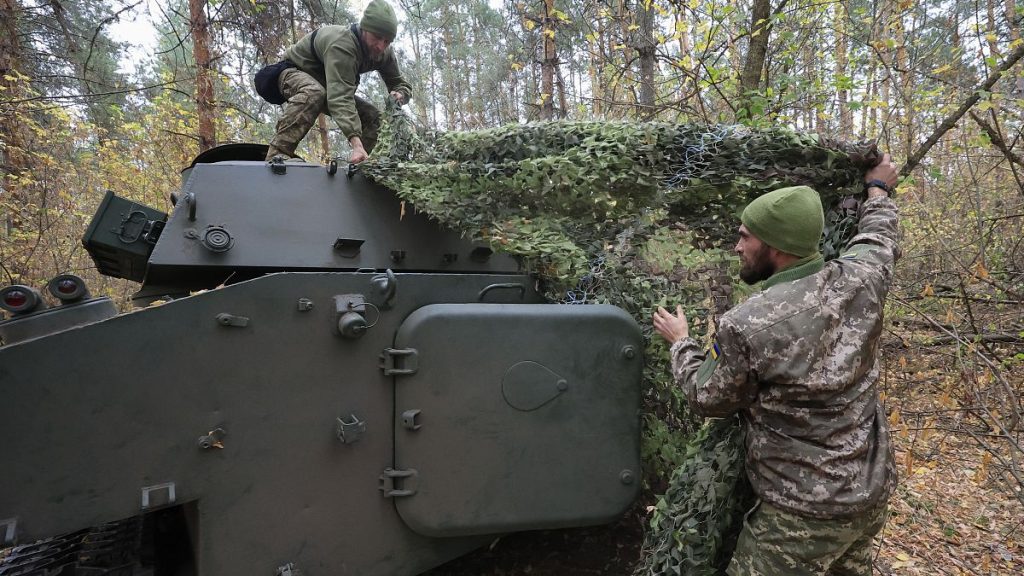European Union officials have been facing obstacles in providing military assistance to Ukraine, as Hungary has been blocking the transfer of €6.6 billion through the European Peace Facility (EPF) for about a year and a half. The EPF was established in March 2021 as a means of enhancing the EU’s ability to prevent conflicts, build and preserve peace, and strengthen international security and stability. With a budget of roughly €17 billion for the 2021-2027 period, the EPF has become an important instrument for the EU to provide military aid to partner countries and fund the deployment of EU military missions abroad under the Common Foreign and Security Policy. The facility was initially allocated €5 billion for the 2021-2027 cycle but its budget was expanded after Russia’s invasion of Ukraine, with €11 billion earmarked for Ukraine.
Hungary’s veto on decisions related to the EPF has created challenges for providing military assistance to Ukraine, as any decision, including disbursement for Ukraine, needs unanimous approval from the 27 member states. Hungarian Prime Minister Viktor Orban has been vocal about his opposition to providing additional support to Ukraine, citing concerns about the allocation of funds to the defense and security sector. Orban’s reluctance to support Ukraine has been linked to his friendly relations with former U.S. President Donald Trump, as he may not want to alienate Trump in case he returns to office. While discussions on the support to Ukraine were on the agenda of Foreign Ministers in Luxemburg, European Union officials and diplomats are exploring new ways to bypass Hungary’s veto on military assistance for Ukraine.
One approach to bypassing Hungary’s veto involves member states agreeing on voluntary contributions to provide military assistance to Ukraine. Josep Borrell, the EU’s High Representative, has suggested this as a possible solution. Additionally, another option being considered is to provide exceptional macro-financial assistance that would be linked to the EU budget rather than the EPF. However, this proposal would need to be confirmed by the European Parliament. These discussions are ongoing as European Union officials seek alternative ways to provide military assistance to Ukraine despite Hungary’s opposition.
The EPF’s funding is used not only for military aid but also for reconstruction efforts in Ukraine, with the majority of the money going towards the defense and security sector. However, Hungary’s veto has hindered the disbursement of funds, leading to tensions among member states and Ukraine. The EPF’s role in providing assistance to partner countries in conflict zones has become crucial, especially in light of Russia’s invasion of Ukraine. The escalating conflict in Ukraine has underscored the need for swift and decisive action from the European Union to support the country’s defense and security efforts.
The EPF was initially established with the goal of strengthening the EU’s ability to prevent conflicts and maintain peace, but its mission has evolved in response to external threats such as the war in Ukraine. With an expanded budget and a focus on supporting Ukraine’s defense and security sector, the EPF has become a key instrument for the European Union to provide military aid to partner countries. As discussions continue on bypassing Hungary’s veto, European Union officials are exploring various solutions to ensure that military assistance reaches Ukraine in a timely manner. The ongoing conflict in Ukraine highlights the importance of international support in maintaining peace and security in the region, underscoring the need for collective action from EU member states to address the challenges facing Ukraine.


